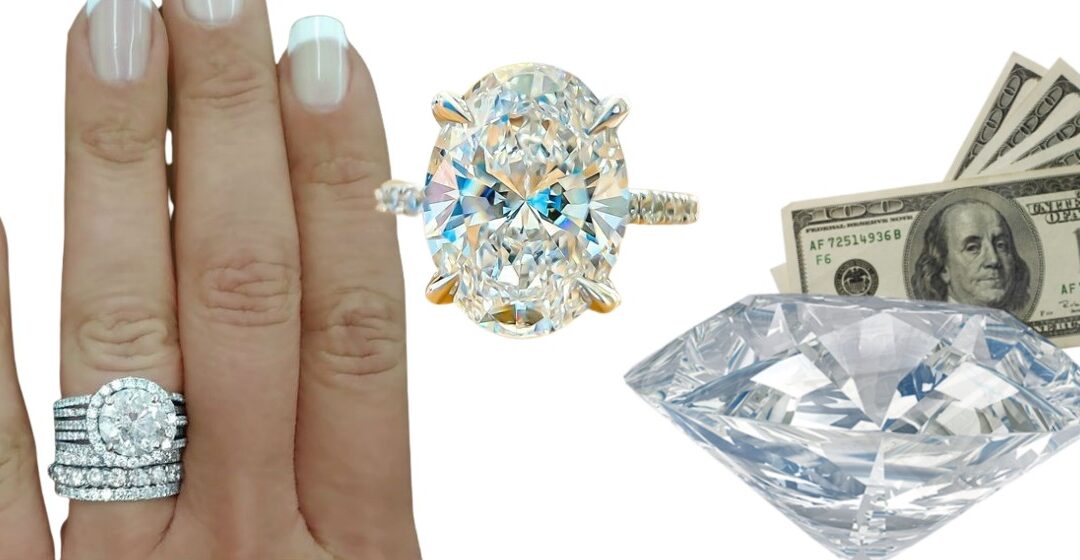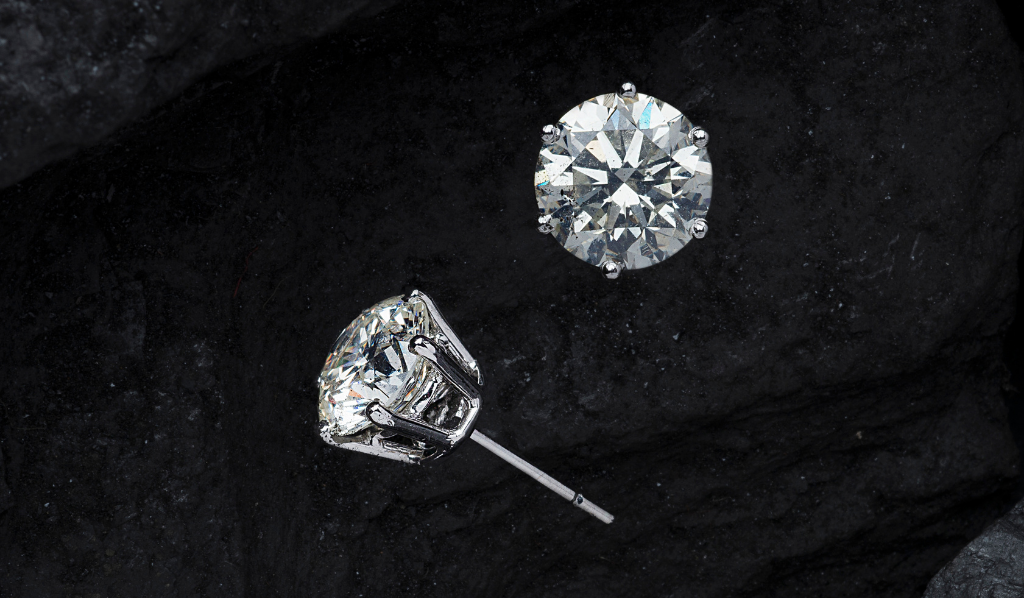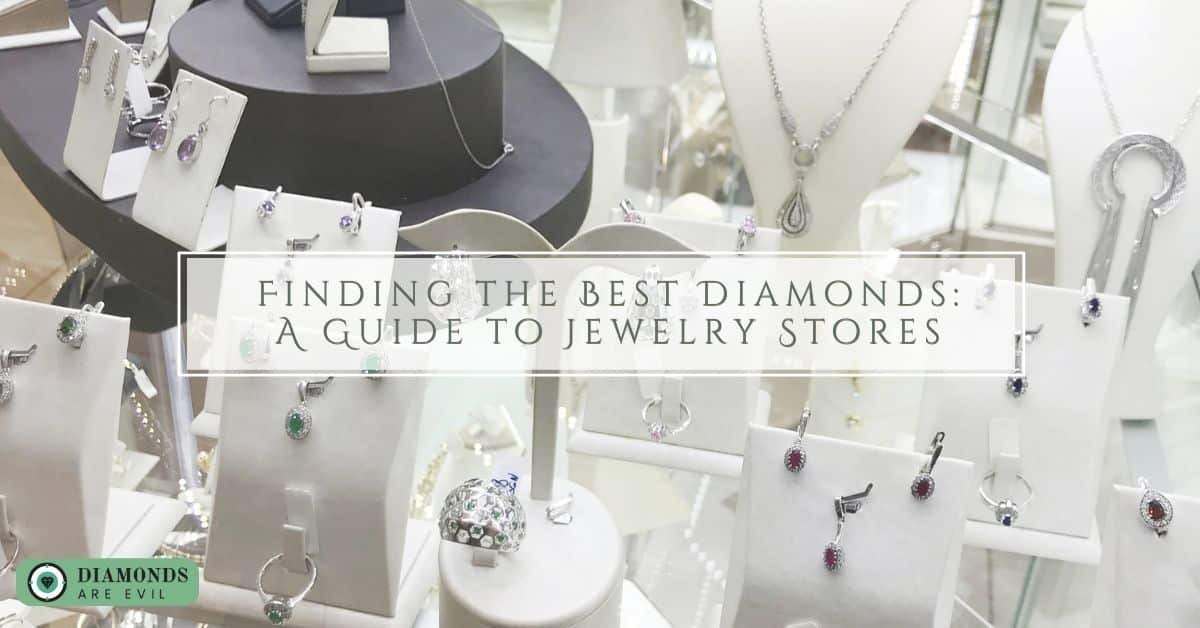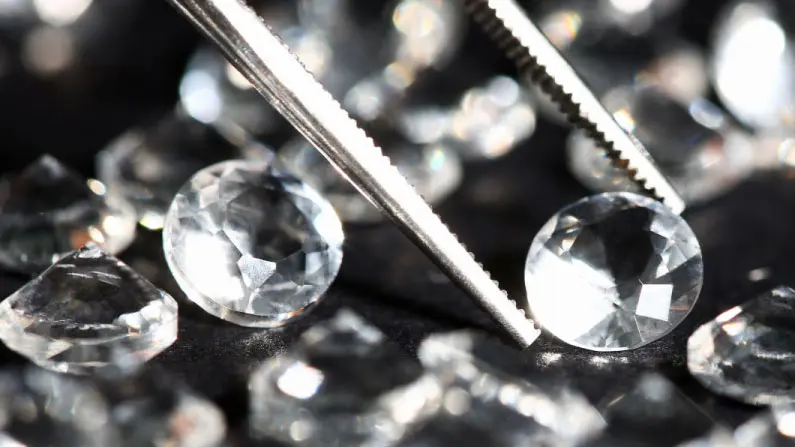Selling Diamonds To Jewelry Stores: A Comprehensive Guide
Selling Diamonds to Jewelry Stores: A Comprehensive Guide
Related Articles: Selling Diamonds to Jewelry Stores: A Comprehensive Guide
Introduction
With great pleasure, we will explore the intriguing topic related to Selling Diamonds to Jewelry Stores: A Comprehensive Guide. Let’s weave interesting information and offer fresh perspectives to the readers.
Table of Content
Selling Diamonds to Jewelry Stores: A Comprehensive Guide

The prospect of selling diamonds can be both exciting and daunting. Whether you’ve inherited a family heirloom, are looking to liquidate a valuable asset, or simply want to cash in on a diamond you no longer need, understanding the process of selling to jewelry stores is crucial. This comprehensive guide will equip you with the knowledge necessary to navigate this process successfully.
Understanding the Diamond Market
The diamond market is dynamic and influenced by various factors, including:
- Global Economic Conditions: Economic downturns can impact consumer spending, leading to decreased demand for luxury items like diamonds.
- Supply and Demand: The availability of diamonds and consumer demand directly influence pricing.
- Gemological Certification: Reputable certification from organizations like the Gemological Institute of America (GIA) or the American Gem Society (AGS) adds significant value to diamonds.
- Market Trends: Fashion trends and evolving consumer preferences impact the popularity of specific diamond shapes, colors, and sizes.
Factors Influencing a Jewelry Store’s Purchase Decision
Jewelry stores, like any business, aim to maximize profit. When evaluating a diamond for purchase, they consider several factors:
- Diamond Quality: The 4Cs (carat, color, clarity, and cut) are paramount. A high-quality diamond with excellent cut and minimal inclusions will command a premium price.
- Certification and Documentation: A reputable gemological certificate from a recognized laboratory is essential. This document provides objective verification of the diamond’s characteristics.
- Market Value: Jewelry stores assess the current market value of the diamond based on its characteristics and the prevailing market conditions.
- Resale Potential: Stores consider the likelihood of selling the diamond at a profit within a reasonable timeframe.
- Demand: The store’s inventory and current customer demand for specific diamond characteristics influence their purchasing decisions.
Selling Diamonds to Jewelry Stores: A Step-by-Step Guide
-
Research and Preparation:
- Gather Information: Collect information about the diamond, including its carat weight, color, clarity, cut, and any existing certifications.
- Identify Potential Buyers: Research reputable jewelry stores in your area or online. Consider their reputation, expertise in diamonds, and customer reviews.
- Determine Market Value: Use online diamond pricing tools or consult with a qualified appraiser to get a realistic estimate of the diamond’s value.
-
Contact Jewelry Stores:
- Prepare a Concise Overview: Provide a clear description of the diamond, including its characteristics and any accompanying documentation.
- Schedule an Appointment: Arrange a meeting with the store representative to discuss the diamond and potential purchase.
- Be Prepared to Negotiate: Understand the diamond’s market value and be prepared to negotiate a fair price.
-
The Evaluation Process:
- Expert Examination: The jewelry store’s gemologist will examine the diamond using specialized equipment to verify its authenticity and quality.
- Documentation Verification: The store will review the diamond’s certification to confirm its characteristics and authenticity.
- Market Analysis: The store will assess the diamond’s market value based on current market conditions and their inventory.
-
Negotiating a Price:
- Transparency and Fairness: Discuss the diamond’s value and the store’s pricing structure openly and honestly.
- Consider Alternatives: If the store’s offer is not acceptable, explore other options, such as selling through an online platform or an independent diamond buyer.
- Final Agreement: Once a mutually agreeable price is reached, ensure the terms of the sale are documented in writing.
Tips for Selling Diamonds to Jewelry Stores:
- Choose Reputable Stores: Select stores with a strong reputation for ethical practices and expertise in diamond valuation.
- Understand the Market: Stay informed about current diamond market trends and values to ensure you receive a fair price.
- Be Prepared to Negotiate: Know the diamond’s market value and be prepared to negotiate a price that reflects its worth.
- Obtain Written Documentation: Ensure all terms of the sale are documented in writing, including the price, payment method, and any warranties or guarantees.
FAQs about Selling Diamonds to Jewelry Stores:
Q: What documents are required when selling a diamond?
A: A gemological certificate from a reputable laboratory (GIA, AGS, etc.) is crucial. Other documentation may include purchase receipts, insurance papers, or any other relevant information about the diamond’s origin or history.
Q: Can I sell a diamond without a certificate?
A: While it is possible, it is significantly more difficult to sell a diamond without a certificate. A certificate provides objective verification of the diamond’s characteristics, increasing its value and trust among buyers.
Q: How do I find a reputable jewelry store to sell my diamond?
A: Research online reviews, check for industry certifications (e.g., American Gem Society), and inquire about their experience in buying diamonds.
Q: What is the best time of year to sell a diamond?
A: The diamond market can fluctuate throughout the year. Generally, the holiday season (November-December) and engagement season (February-March) are considered peak periods for diamond sales.
Q: What if the jewelry store offers me a price I don’t agree with?
A: You have the right to decline the offer. You can try negotiating a higher price, explore selling through other channels, or consult with an independent appraiser for a second opinion.
Conclusion:
Selling diamonds to jewelry stores can be a profitable endeavor, but it requires careful planning and understanding of the market. By researching, preparing adequately, and negotiating effectively, you can increase your chances of receiving a fair price for your diamond. Remember, transparency, honesty, and a thorough understanding of the diamond market are key to a successful sale.








Closure
Thus, we hope this article has provided valuable insights into Selling Diamonds to Jewelry Stores: A Comprehensive Guide. We hope you find this article informative and beneficial. See you in our next article!
You may also like
Recent Posts
- The Enduring Appeal Of XP Jewelry: A Timeless Symbol Of Achievement
- A Global Tapestry Of Adornment: Exploring World Collections Of Jewelry
- The Evolution Of A Brand: Understanding The Name Change Of Lola Rose Jewellery
- Navigating The UK’s Jewelry Wholesale Landscape: A Comprehensive Guide
- The Allure Of Effy Jewelry: Unveiling The Reasons Behind Its Premium Pricing
- The Enduring Appeal Of Gold Jewelry: A Timeless Investment
- The Art Of Harmony: Elevating Your Style Through Accessory Coordination
- The Comprehensive Guide To Wholesale Jewelry Supplies Catalogs: A Treasure Trove For Jewelry Makers And Businesses
Leave a Reply